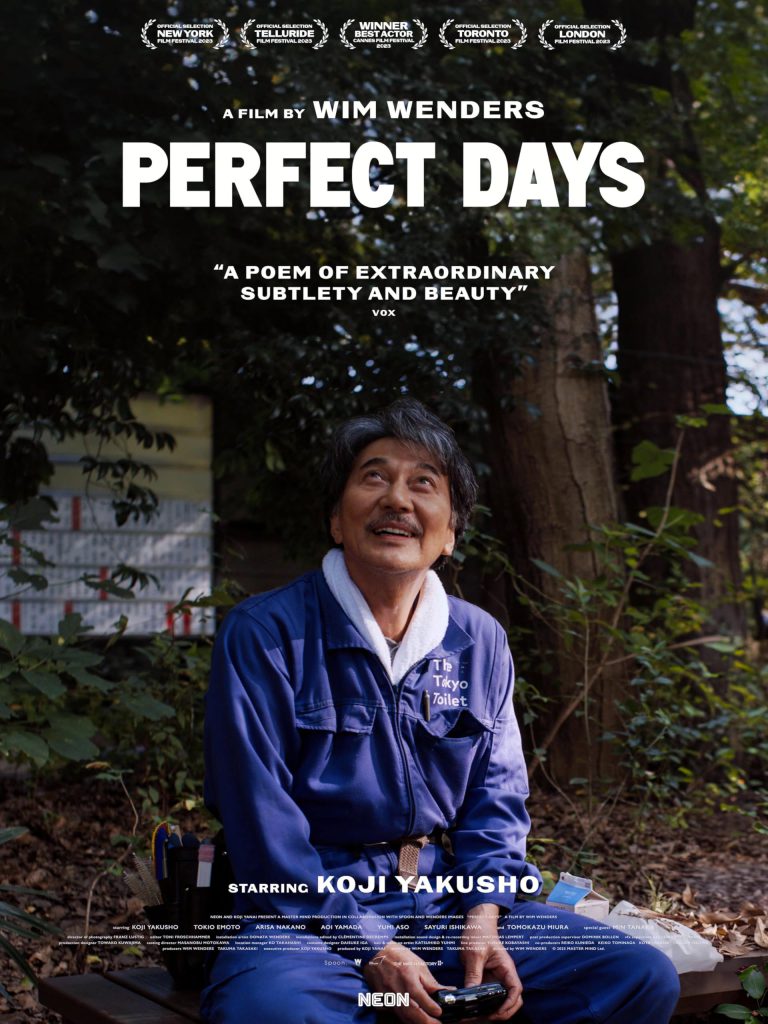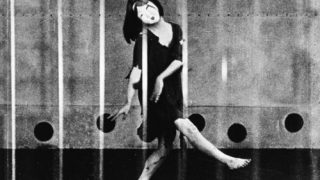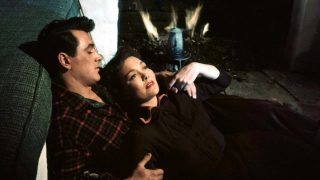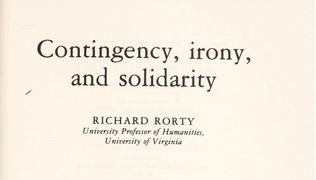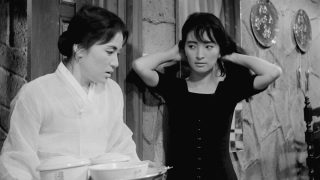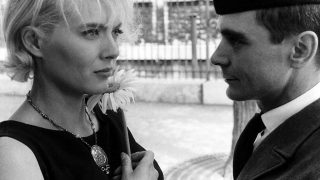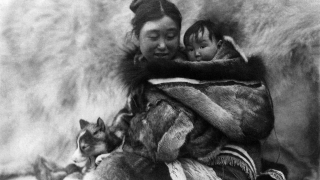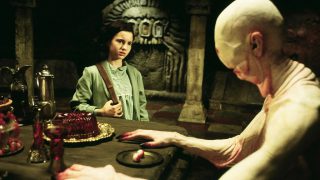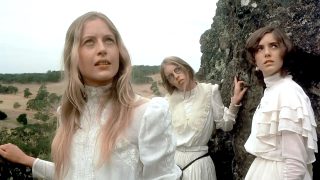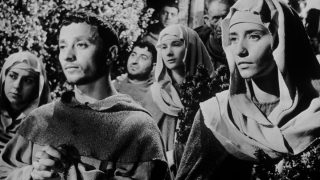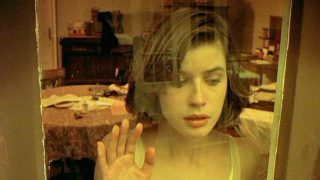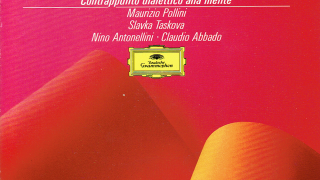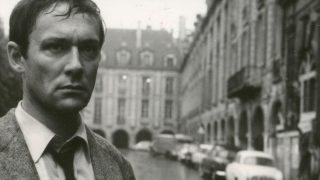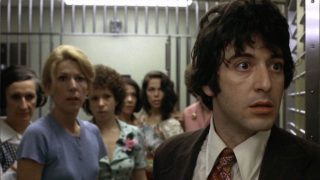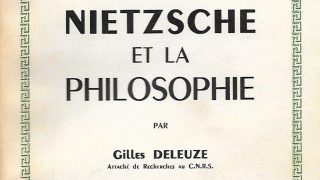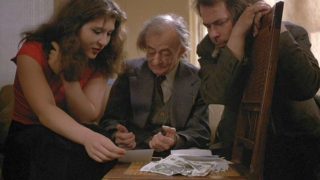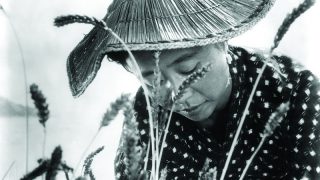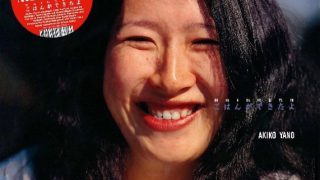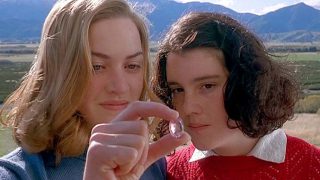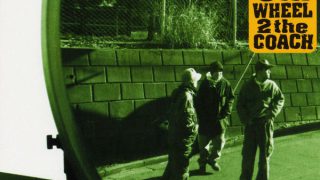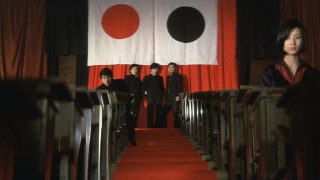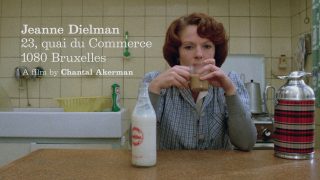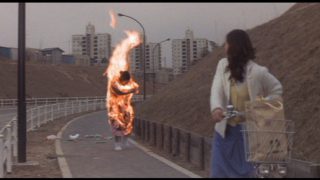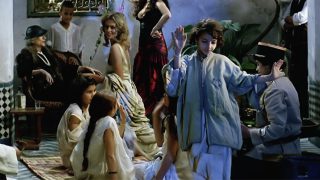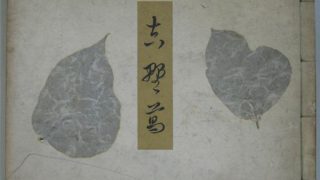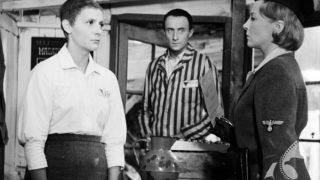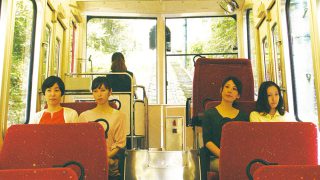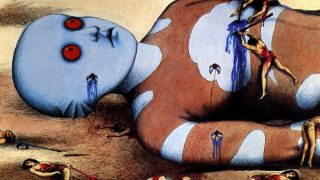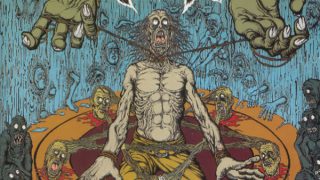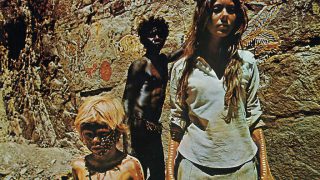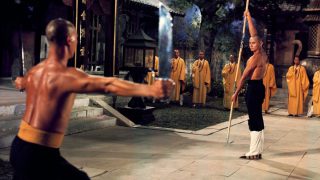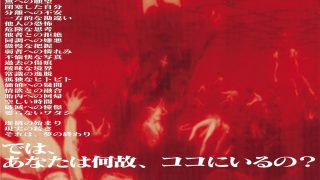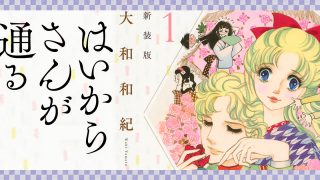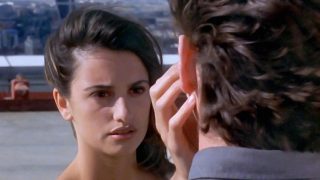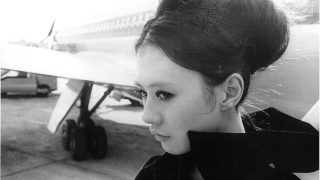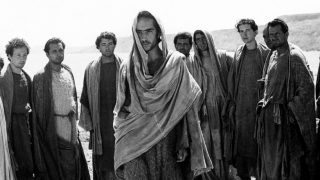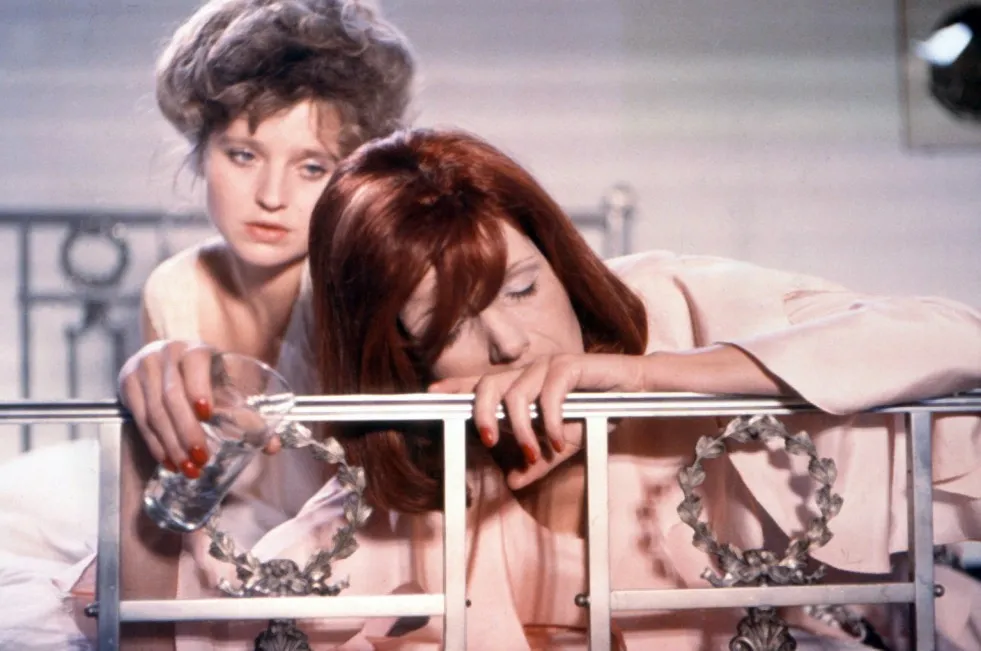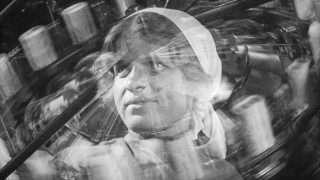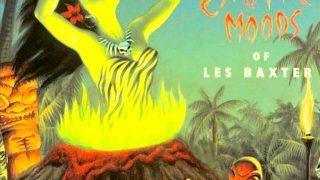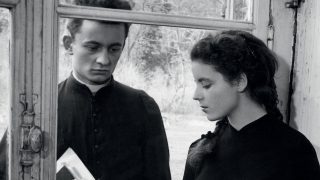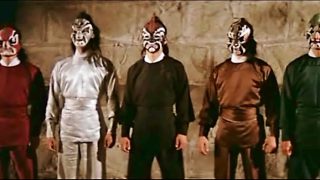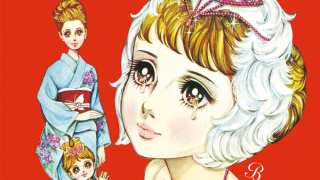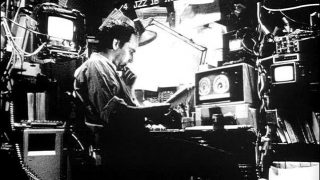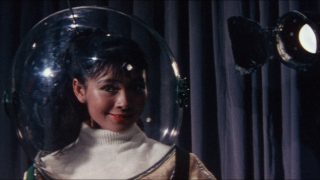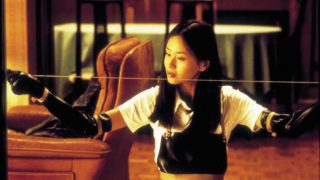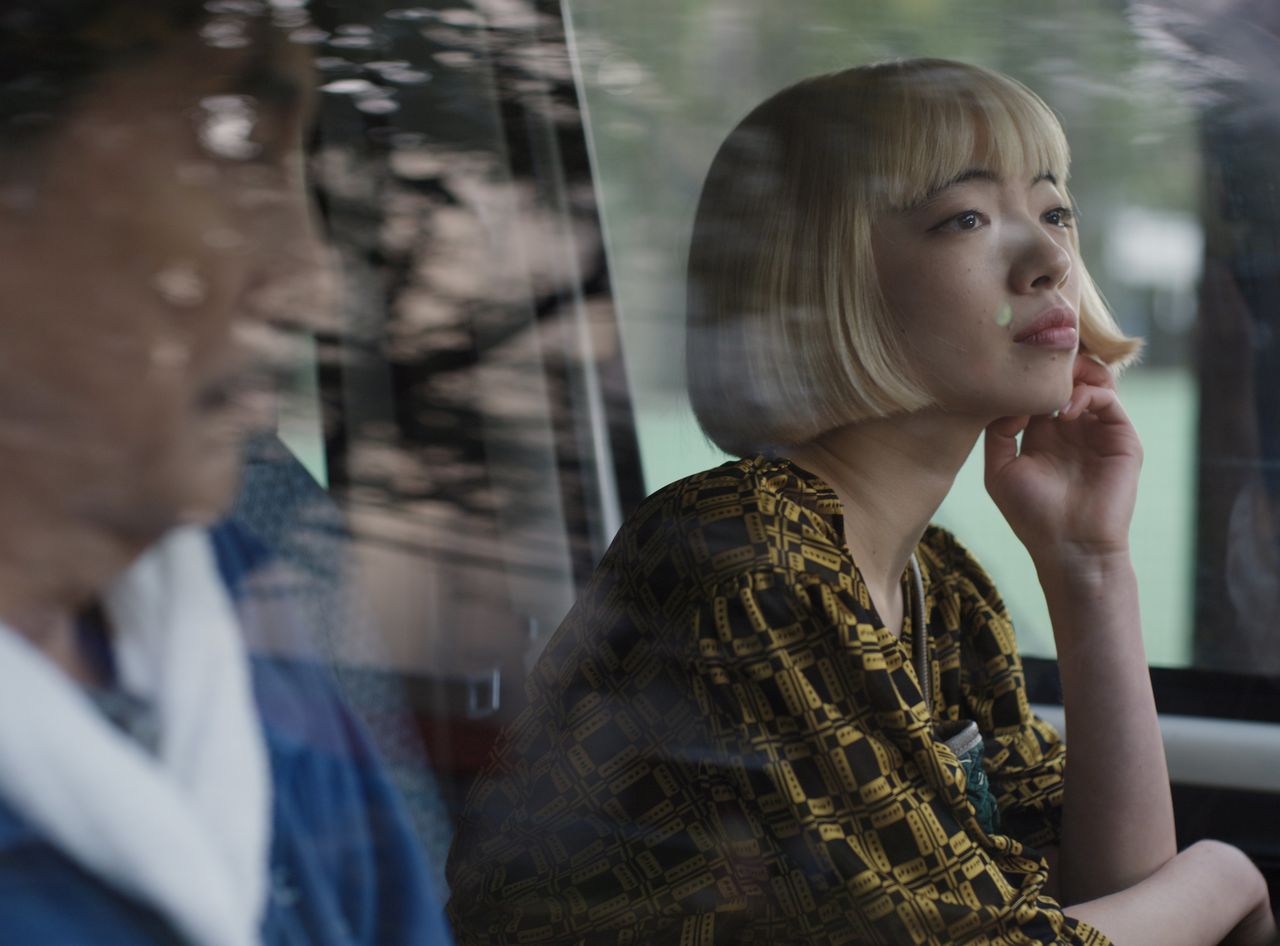Overview
“Perfect Days” is a 2023 drama film directed by Wim Wenders.
Set in Japan, it depicts the daily lives of a middle-aged single man who works as a public toilet cleaner in Shibuya, Tokyo.
It was a co-production between Japan and Germany.
The screenplay by Wim Wenders and Takuma Takasaki.
Produced by Koji Yanai.
The executive producer is Kōji Yakusho.
Starring Kōji Yakusho. The costars are Tokio Emoto, Arisa Nakano, Aoi Yamada, Yumi Asō, Sayuri Ishikawa, Tomokazu Miura, and Min Tanaka.
Cinematography by Franz Lustig.
Edited by Toni Froschhammer.
The production companies are Master Mind, Spoon and Wenders Images.
Distributed by DCM (Germany) and Bitters End (Japan).
The language is Japanese. Standard size (4:3 aspect). 124 minutes.
It premiered in 2023 at the 76th Cannes Film Festival, where it won the Prize of the Ecumenical Jury and Kōji Yakusho won the Best Actor Award.
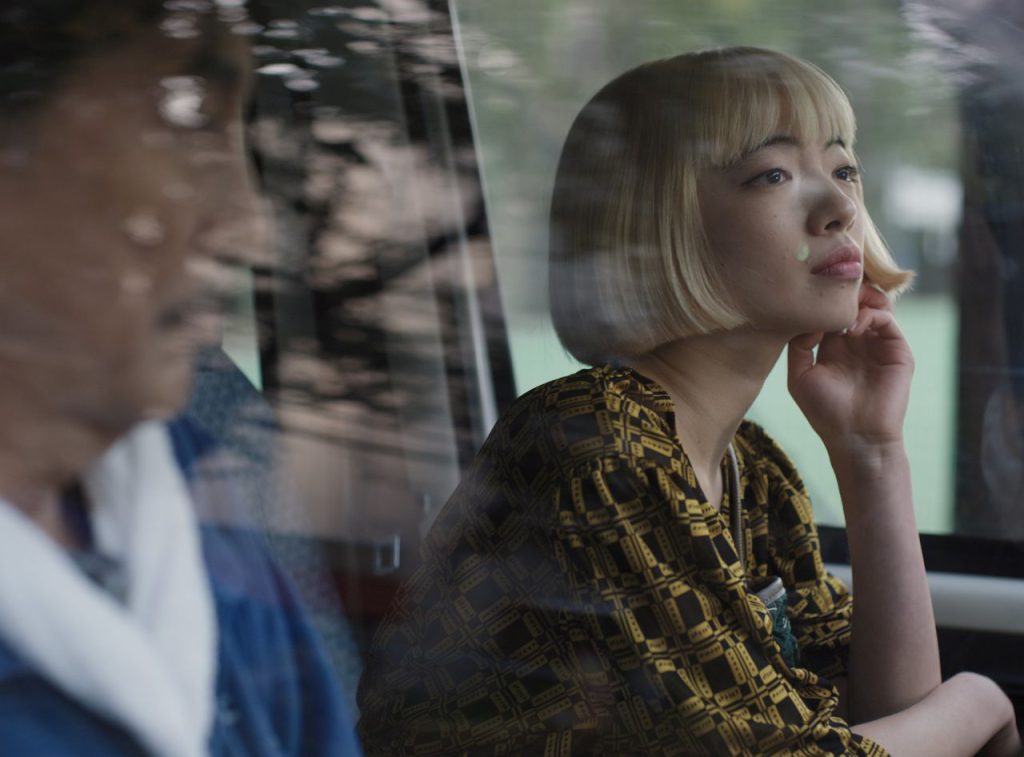
Plot
Hirayama (Kōji Yakusho) lives by himself at an old apartment in Oshiage (near Tokyo Skytree), working as a public toilet cleaner in Shibuya.
He goes through his days repeating routine behaviors like rituals every day.
He wakes up early in the morning before dawn. He folds up futon (Japanese-style bedding), brushes his teeth, shaves, washes his face, waters houseplants, and changes into his work clothes.
He drives his mini truck and goes to work, drinking a canned coffee.
He listens to the music on cassette tape while driving. He is particularly fond of Western popular music from the mid-1960s to mid-1970s. He listens to “The House of the Rising Sun” by the Animals (1964).
He goes around cleaning public toilets in Shibuya ward with his young co-worker Takashi (Tokio Emoto).
Hirayama always works silently, while Takashi does sloppy work. Takashi wants to go steady with Aya (Aoi Yamada), a woman who works at a girls bar, but he always has money problems.
At lunch break, he eats sandwiches and drinks milk from the carton in the grounds of a shrine, where he takes black-and-white photos of trees and “komorebi” (sunlight filtered through the leaves) with his small film camera.
He often exchanges glances with an old homeless man (Min Tanaka) in the park and the shrine.
He finishes his work in the evening, and drives home, listening to “Pale Blue Eyes” (1969) by the Velvet Underground.
He goes out on a bicycle. He has dinner at his favorite bar after taking a bath in a public bathhouse.
He goes home. He lies on a futon, and reads “The Wild Palms” (1939) by William Faulkner before he sleeps.
He has a radio-cassette player, music cassettes, and books in his room. He has neither television nor a personal computer.
He has dreams every night. His dreams are flickering black-and-white images including komorebi and scenes he saw in the past.
The next morning, he goes to work, listening to “(Sittin’ On) The Dock of the Bay” (1968) by Otis Redding.
Aya comes to see Takashi at work. Takashi gets his work finished quickly, and he tries to take off in his motorcycle with Aya, but his motorcycle won’t start, so he asks Hirayama to let him use his mini truck.
In the truck, Aya enjoys listening to Patti Smith’s “Redondo Beach” (1975). Behind Hirayama’s back, Takashi slips Hirayama’s Patti Smith cassette into Aya’s purse. Aya goes to work at her girls bar.
Takashi finds out that Hirayama’s old music cassettes can be sold to a used record store at high prices. He suggests Hirayama sell his music cassettes, but Hirayama refuses, giving Takashi some cash.
Hirayama drives home, listening to “(Walkin’ Thru The) Sleepy City” (1975) by the Rolling Stones, but he runs out of gas on the way home, and he is forced to sell a cassette for gas money.
One morning, he goes to work, listening to “Aoi Sakana (Blue Fish)” (1972) by Sachiko Kanenobu.
Aya comes to Hirayama and brings back his cassette. In the truck, she listens to Patti Smith’s “Redondo Beach” again. She kisses his cheek just before leaving.
At his home, Hirayama listens to “Perfect Day” (1972) by Lou Reed on his radio-cassette player.
On his days off, Hirayama visits a shrine, washes his clothes at a laundromat, and gets his photos developed at a mini-lab.
He cleans his room and organizes his photos, listening to “Sunny Afternoon” (1966) by the Kinks.
He buys Aya Kōda’s novel “Ki (Trees)” (1992) at a used bookstore, and then he dines at his favorite bar, where the mistress (Sayuri Ishikawa) sings the Japanese version of “The House of the Rising Sun” accompanied by a guitar played by a regular customer.
One day, Hirayama’s young niece Niko (Arisa Nakano) barges into Hirayama’s apartment. Niko is a daughter of his sister Keiko (Yumi Asō). She says that she ran away from home. She stays at Hirayama’s apartment.
The next morning, Niko goes along with Hirayama going to work. In the truck, they listen to “Brown Eyed Girl” (1967) by Van Morrison.
Niko helps Hirayama with his work.
Niko borrows Patricia Highsmith’s collection of short stories “Eleven” (1970) from Hirayama and starts reading it. She tells Hirayama that she empathizes with Victor, a boy in the short story “The Terrapin”.
Hirayama’s sister Keiko comes to Hirayama’s apartment in a chauffeured car to bring Niko home.
Hirayama meets up again with Keiko for the first time in years.
Keiko asks him to visit their father who lives in a nursing home.
She asks him whether he really has the job of cleaning toilets, and he nods.
Hirayama hugs his sister just before she leaves. He cries after Keiko and Niko drive home.
One morning, Takashi calls Hirayama on the phone and says that he quit his job. That day, Hirayama is forced to work until late at night, covering Takashi’s shift.
The next day a woman named Satō starts working as a replacement for Takashi.
On a day off, Hirayama comes to his favorite bar as usual, and he sees the mistress embracing a man (Tomokazu Miura) inside the bar before opening. Hirayama hurries off.
Hirayama buys cigarettes and canned highballs at a convenience store and comes to the riverbank of the Sumida River at night.
The man Hirayama saw at the bar approaches and talks to Hirayama. His name is Tomoyama, and he is the ex-husband of the mistress.
Tomoyama tells Hirayama that he is close to death because of cancer and that he met his ex-wife for the first time in seven years.
Tomoyama asks Hirayama, “Do shadows become darker when they overlap?” Hirayama tries it with Tomoyama. Then they play shadow tag.
The next morning, Hirayama goes to work, listening to “Feeling Good” sung by Nina Simone (1965). A range of emotions well up within him, and he shows a complex expression on his face.
At the end of the film, after the end credits, the following text is shown on the screen.
(German) KOMOREBI: ist das japanische Wort für das Schimmern von Licht und Schatten, das durch die Bewegung der Blätter im Wind entsteht. Es existiert nur einmal, IN DIESEM MOMENT.
(English) “KOMOREBI” is the Japanese word for the shimmering light and shadows that is created by leaves swaying in the wind. It only exists once, at that moment.
Commentary
The production of the film “Perfect Days” was triggered by “The Tokyo Toilet” (2018–2023), an urban redevelopment project in which public toilets were redesigned in 17 locations throughout Shibuya with the help of 16 creators invited from around the world.
This project was conceived by Fast Retailing director Koji Yanai, and was funded by the Nippon Foundation and Yanai.
Wim Wenders was asked to direct a short film for the PR of the project, but the initial plan later evolved into a project for producing a feature film.
The film was shot over 17 days around Tokyo.
The filming locations of Hirayama’s living sphere are downtown areas (Asakusa, Oshiage, Hikifune, and Kameido) in Tokyo.
The name Hirayama comes from the character name repeatedly used in Yasujirō Ozu’s films.
In the film, Hirayama’s dreams are shown as black-and-white images. The images, called “Komorebi Dreams”, were produced by photographer Donata Wenders (the wife of Wim Wenders).
The film is characterized by documentary-style camera technique, the exclusion of dramatic narrative, moving shots in the road movie style, and the images of trees that appear repeatedly.
The highlight of the film is the presence and subtle acting of Kōji Yakusho, who brilliantly played the role of Hirayama, an middle-aged man with mixed feelings about his life.
The ending shot, in which Hirayama shows a complex expression on his face with a mixture of emotions, is impressive.
